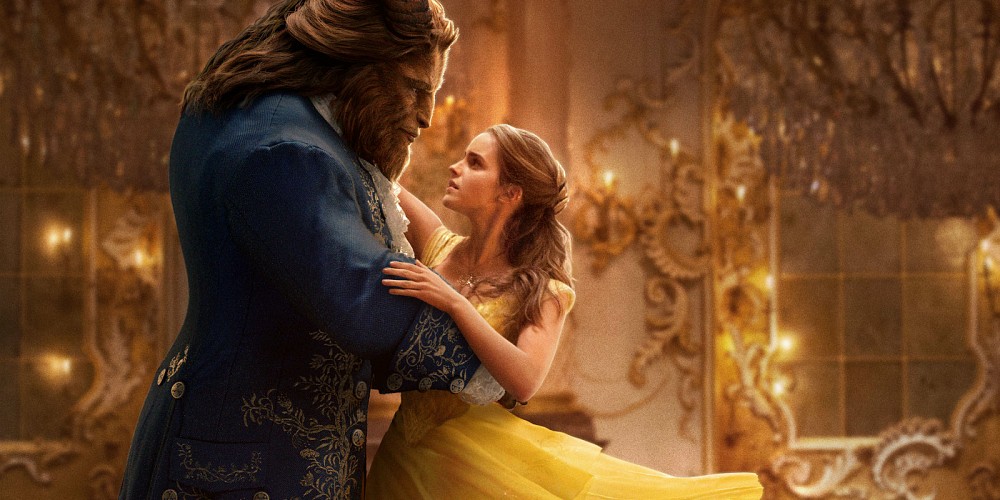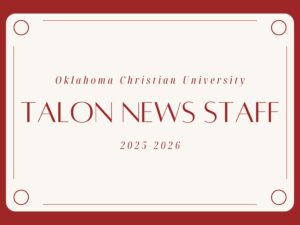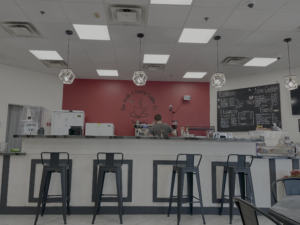Nostalgia has become a powerful currency in modern entertainment.
Although Harry Potter’s story ended on the big screen in 2011, a new series within that universe hits theaters today. The “Star Wars” saga ended over a decade ago, yet Disney has plans for additional spin-offs for the next five years. “Gilmore Girls” ended while I was in middle school, but Netflix is primed to release more episodes, and I have many friends planning to skip Black Friday shopping in favor of these new stories with Lorelai and Rory. “Finding Nemo” had a distinct beginning, middle and end, yet “Finding Dory” is the highest grossing film of the year so far.
In fact, looking at the list of 2016’s money-makers, I also see “Ghostbusters,” “Independence Day: Resurgence,” “The Jungle Book” and several other flicks based on properties that have been collecting dust for several years.
I’m not talking about sequels or adaptations of other media — the inundation of unoriginal movies is a topic for another day. I’m talking about properties that were wildly popular in our childhoods with clear conclusions that are suddenly reappearing.
In the coming years, we’ll be getting “Ocean’s Eight,” “Jumanji” and “Mary Poppins” sequels, and live-action versions of “The Lion King,” “Mulan” and “Aladdin” (not to mention movies about Tetris, Hot Wheels and emojis).
Why do we value nostalgia so much? And why is this a recent trend?
One stereotype of “Generation-Xers” and “Baby Boomers” involves the phrase “the good ole days.” We pigeonhole them as misty-eyed elders, perpetually unhappy with the modern day, looking over their shoulders at what once was. The greatest irony is our generation is actually more Miniver Cheevy-esque than we want to admit.
How many articles have you seen in the last week boasting a title like, “Only true ‘90s kids remember this”? We yearn for the culture and entertainment of our childhoods.
The first trailer for next year’s “Beauty and the Beast” has been lauded by fans for being a shot-for-shot remake of the 1991 original, but I argue that such an immense lack of creativity may be a sign of desperation. Disney executives know with absolute certainty that playing the old music over the classic lines will reel in millions of viewers, regardless of quality. The movie isn’t even completed yet, but it is guaranteed to make boatloads of cash, simply because of its nostalgic foundation.
So why do we like to drag completed stories out of our past and into the present? Yes, the general appeal of childhood is universal: no responsibilities, simple pleasures, good friends and so on. But consider the childhood of those flocking to see these “new” flicks.
We grew up in a world of economic stability. America at large was prospering in the ’90s. The U.S. economy grew by an average of four percent per year between 1992 and 1999. Technology developed and improved but didn’t swallow our social lives. We trusted our superiors and elected officials to look out for our best interests, even if we disagreed with them. Life was objectively good when we were young.
Today is full of uncertainty and fear. Terrorism, financial hardship, poisonous politics and hateful words fill our headlines. Beloved public figures like Robin Williams and Alan Rickman have left us. Racial tensions have reached a level our generation has never experienced. It’s no wonder we want to go back to a simpler time.
Series like “Star Wars” and “Harry Potter” concluded in this time of contentedness. Perhaps we think that if we can jumpstart these stories, we can bring back a shred of the happiness and trust we had back then. They might be a solid rock for us to stand on, if only for two hours in a movie theater. Hollywood executives are certainly capitalizing on this, but we keep falling for it, even when they’re misfires like “Dumb and Dumber To” and “Fuller House.”
This summer, brilliantly original movies like “The Nice Guys,” “Kubo and the Two Strings” and “Hell or High Water” barely earned back their budgets despite stellar reviews from critics and audiences alike. I often hear my friends bemoan the prevalence of big-budget adaptations, yet the theater is sparse anytime an unknown movie hits the screen. I truly hope innovations like “Arrival,” “La La Land” and “Silence” flourish in the last stretch of this year, because a trust in originality is a trust in today.
Yesterday was good, but we also need to believe in today.













Be First to Comment